

1,5 years down the line from the first reported COVID-19 infection in Kenya, the Country’s economy is still exposed to uncertainty and an ever-changing environment. While large scale corporate enterprises are regulated to provide health and safety gear to their employees, cooperative members and staff are often lacking behind in conducting business in a pandemic safe way. Most Kenyan cooperatives operate in rural areas where health coverage is deficient and access to sound public health information limited.
The level of digitization among cooperatives is negligible too, which is why the greater share of cooperatives haven’t had Annual General Meetings in 2 consecutive business years. Those who are unable to conduct their meetings in a digital space simply fear the risks for their members well-being that come with large gatherings during a pandemic.
In addition, a membership in the local cooperative is often the only way for small farmers to generate regular income through trading. Although the global demand for agricultural raw materials such as corn has increased during the pandemic, the Kenyan farmer her/himself is faced with the risk of food insecurity. This can be largely credited to interrupted supply chains caused by curfews and lockdowns. The Government of Kenya has not been able to implement public programmes to stabilize cooperative enterprises during this crises or support farmers with direct mechanisms which as well adds to the fragility of the Co-operative landscape in the Country.
Against this background, DGRV Kenya supports project partners on their way to adapt to “The new normal”. Our Kenyan development project does have a strong focus on capacity development for cooperative members and leaders. Learning new skills and practicing them is particularly challenging in times when physical interactions are not possible and digital coverage is low. We therefore support our associated cooperatives to create health concepts which enables an adapted co-operative management taking limited digital capacities into account.
For example, together with the cooperative administration we defined measures and guidelines to conduct Annual General Meetings with physical participation again. In doing so we were able to support our project partners to remain compliant organizations besides the existing challenges.
Even though the continuation of safe, physical meetings and workshops is important especially in times of the COVID-19 crisis, a digitalization boom should not be underestimated. E-learning is also playing an increasingly important role in Kenya.
Within the first 6 months of 2021, DGRV Kenya together with GIZ and its local project partners, enabled 280 co-operatives to use our DGRV online tool “Cooperative Basics”. The E learning software is the first one of its kind accessible for Kenyan cooperators and was launched just before the outbreak of the COVID-19 pandemic.
Could E- learning be a resilient way of continuous co-operative learning?
On the positive side we experienced that
The sustainability of E- learning in the cooperative space in Kenya may be limited through the following factors:
Finally, we would say that an E- learning component adds to the diversity of access to cooperative education and does have the potential to thrive in times of crises but only if appropriate technical guidance is provided throughout the learning process.
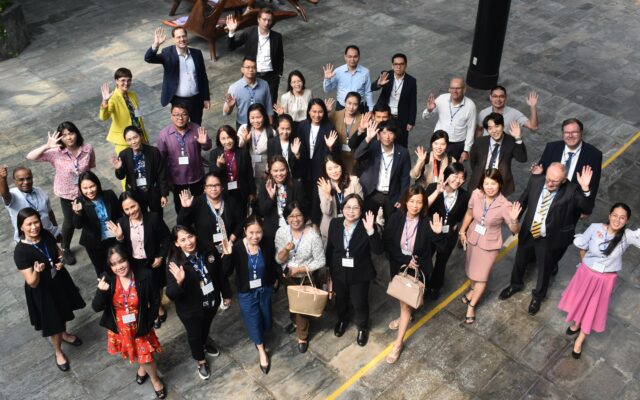
A new partnership between DGRV and the Cooperative Development Authority (CDA) in the Philippines is enhancing regulatory oversight and stability within the cooperative sector.
More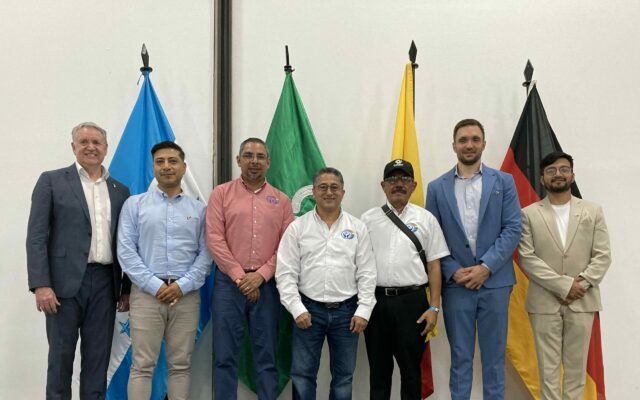
DGRV’s project in Honduras focuses on strengthening the cooperative financial sector, particularly in rural areas, and improving access to financial products and services. The initiative also aims to enhance resilience to climate change and promote the efficient use of natural resources, fostering sustainable and inclusive economic growth.
More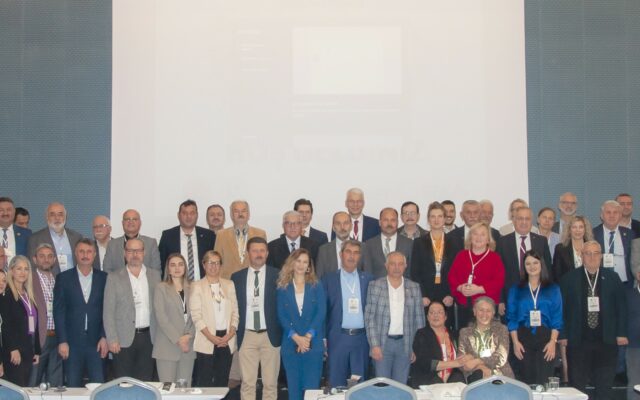
The 8-year long TAKBİ project within the framework of the Turkish and German association cooperation, revitalized Turkish agricultural cooperatives by surmounting challenges, elevating organizational structures, improving service quality, and fostering member satisfaction, leaving a lasting positive impact on the cooperative landscape in Turkey.
More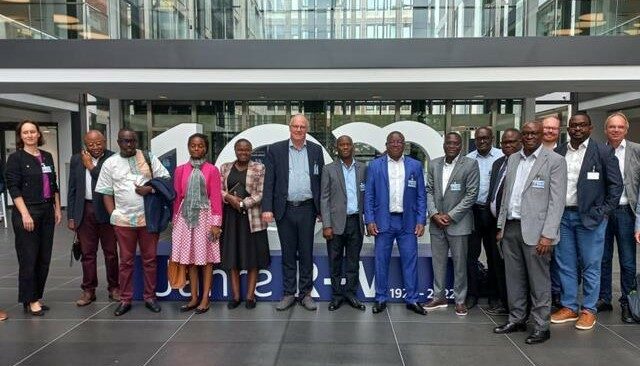
Financial experts from Benin, Cameroon, and Uganda embarked on a journey to Germany to explore the essence of cooperative principles, forging a vision for a resilient banking sector that transcends borders and fosters economic and social progress in African communities.
More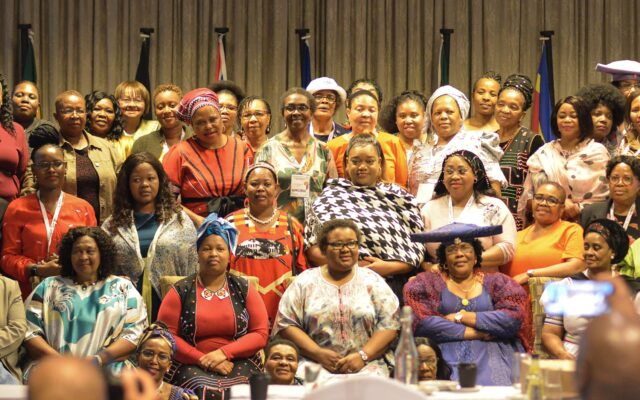
In an extraordinary gathering, female traditional leaders from Southern Africa converged to harmonize the concepts of Ubuntu and cooperative principles, setting a visionary path for community development.
More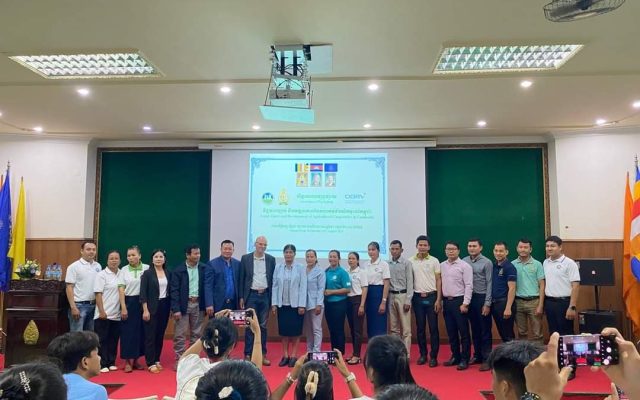
Empowering Cambodia's agricultural cooperatives through dynamic seminars: DGRV and AERD/RUA collaborate to drive leadership, professionalism, and sustainable growth.
More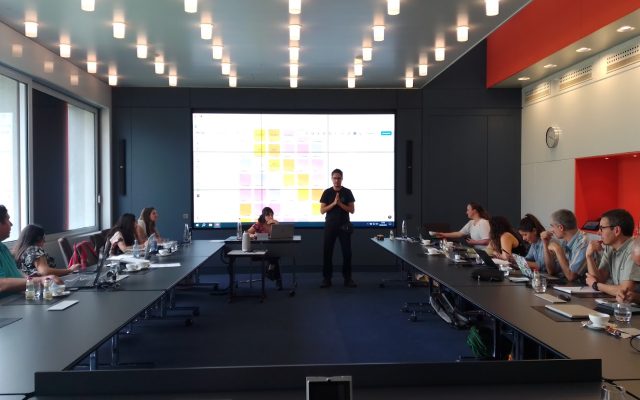
In June, eight Chilean organizations participated in an Exposure Visit to learn from the experience of Energy Cooperatives in Germany
More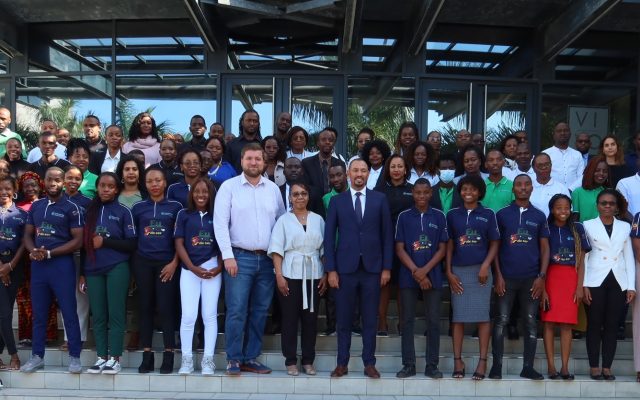
Empowering Mozambican youth through cooperative entrepreneurship to tackle unemployment and promote economic growth.
More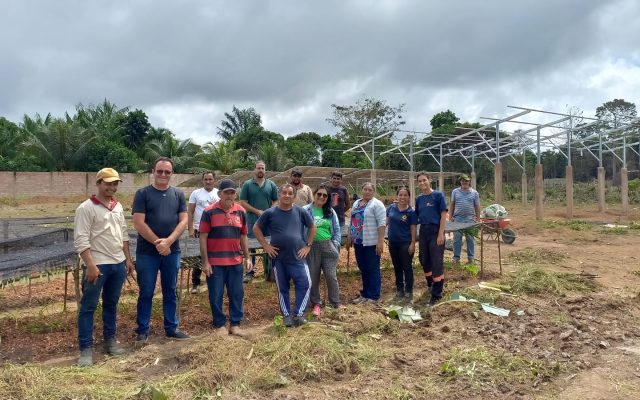
Helping the cooperative CCampo Alimentos to implement an Agrivoltaic pilot project in Brazil
More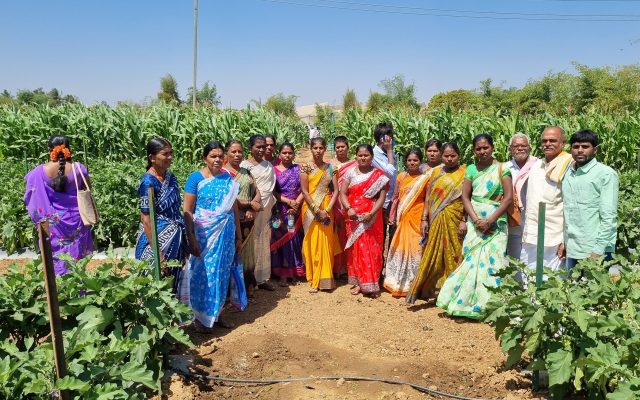
Adaptation measures to climate change in rural areas in India
More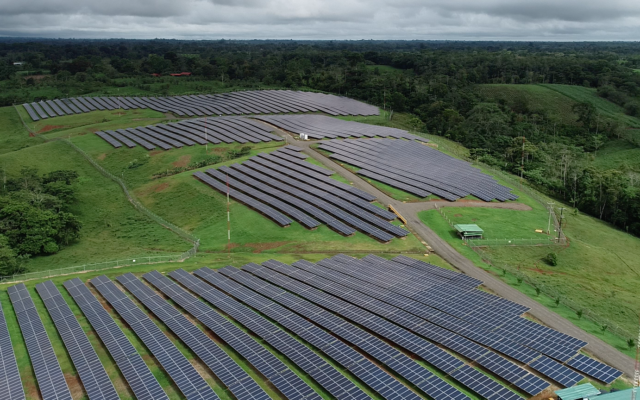
Renewable Energy in Costa Rica generated by cooperatives.
More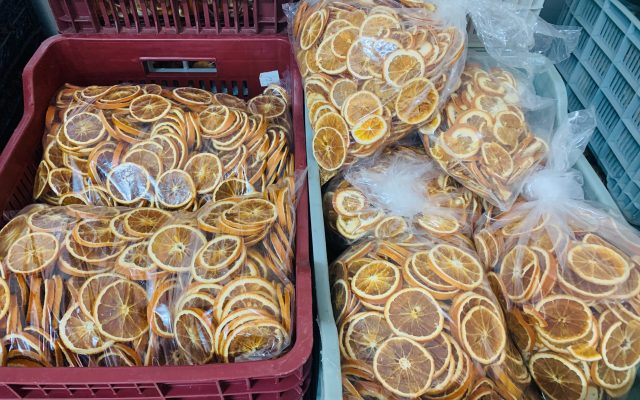
Food Processing with a Regional Federation
More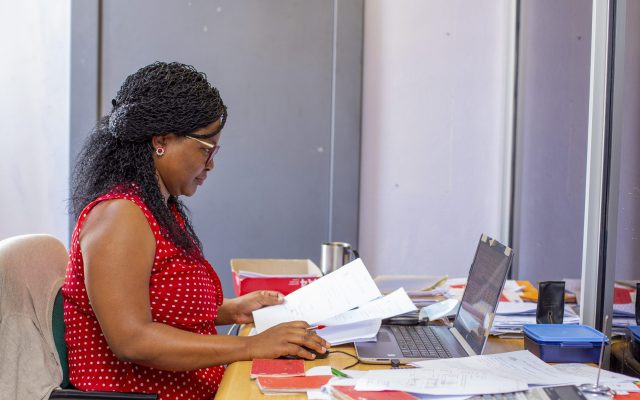
Digitisation of Primary Co-operatives in eSwatini
More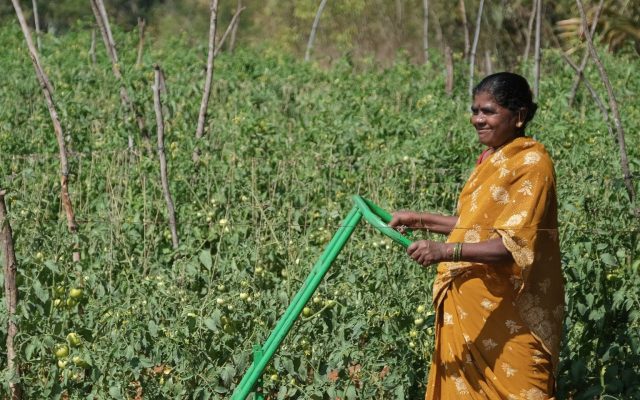
A central solution that enables members to make daily agricultural necessities available promptly and financially affordable
More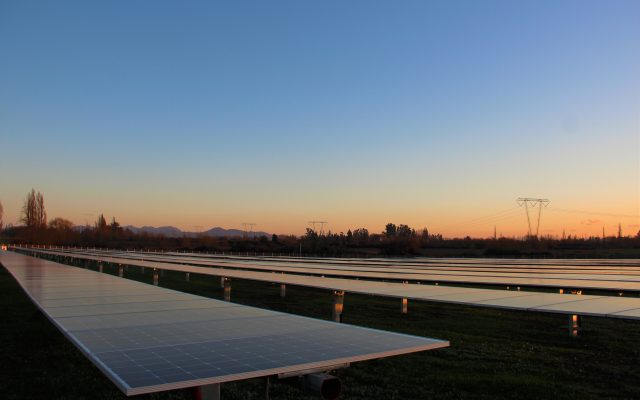
The creation of Community Distributed Generation Cooperatives in Chile.
More
Textile cooperative in Tunisia
More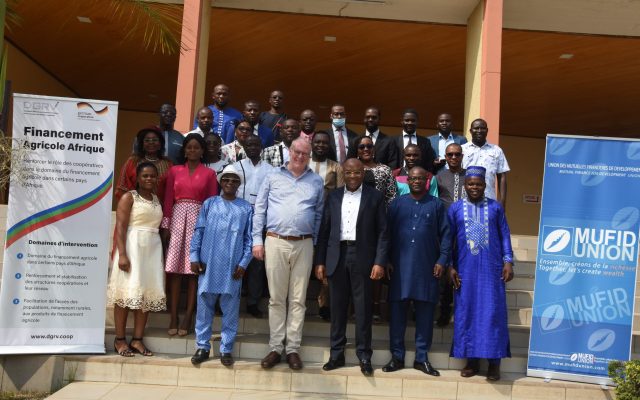
Facilitating access to quality agricultural finance products in Cameroon
More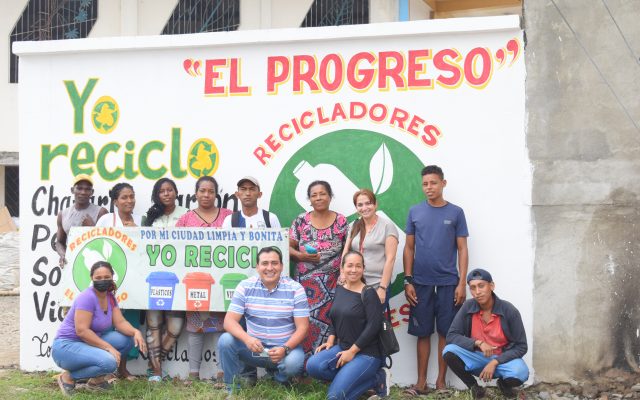
Generating business and commercial connections with the "Networks in Action" project
More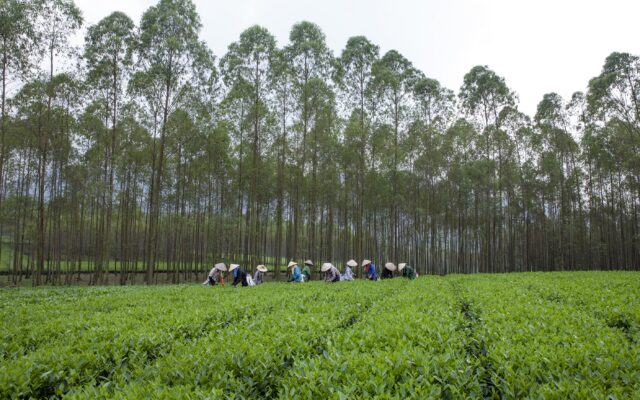
Mid- term courses for cooperative officials in Vietnam
More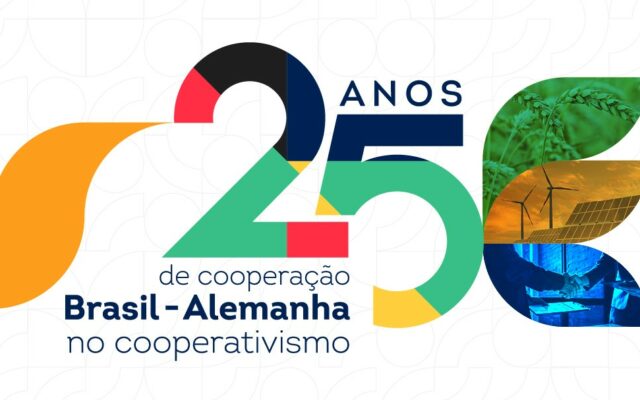
The collaboration between the Brazilian and German cooperative sector
More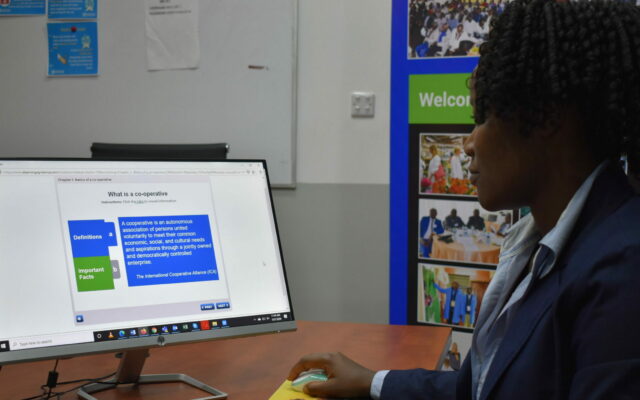
DGRV Kenya supports project partners on their way to adapt to “The new normal” in times of COVID-19
More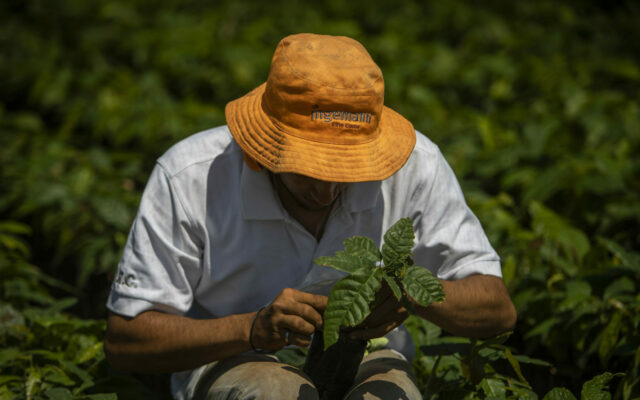
Pablo and his Potatoes
More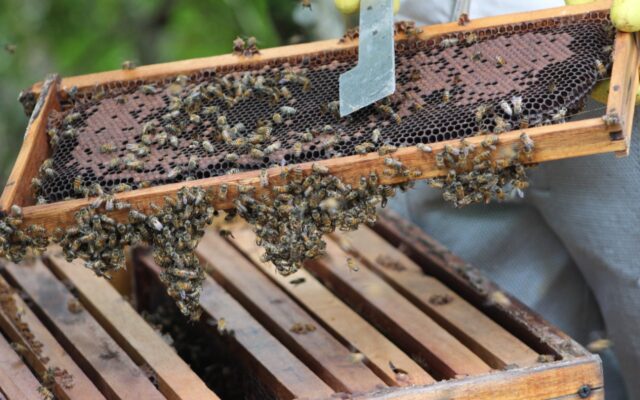
Strengthening small rural producer organizations in Colombia
More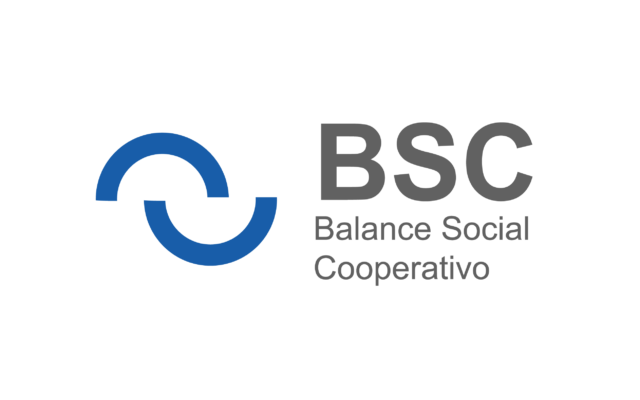
Cooperative Social Responsibility in Honduras
More